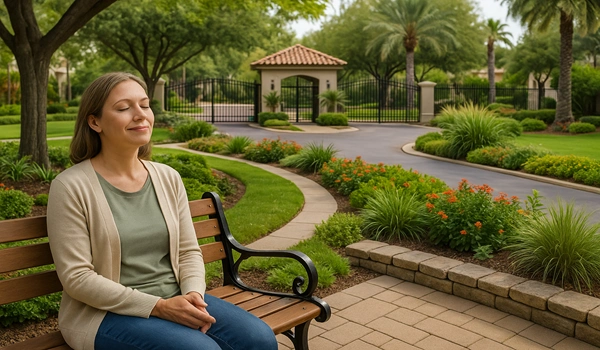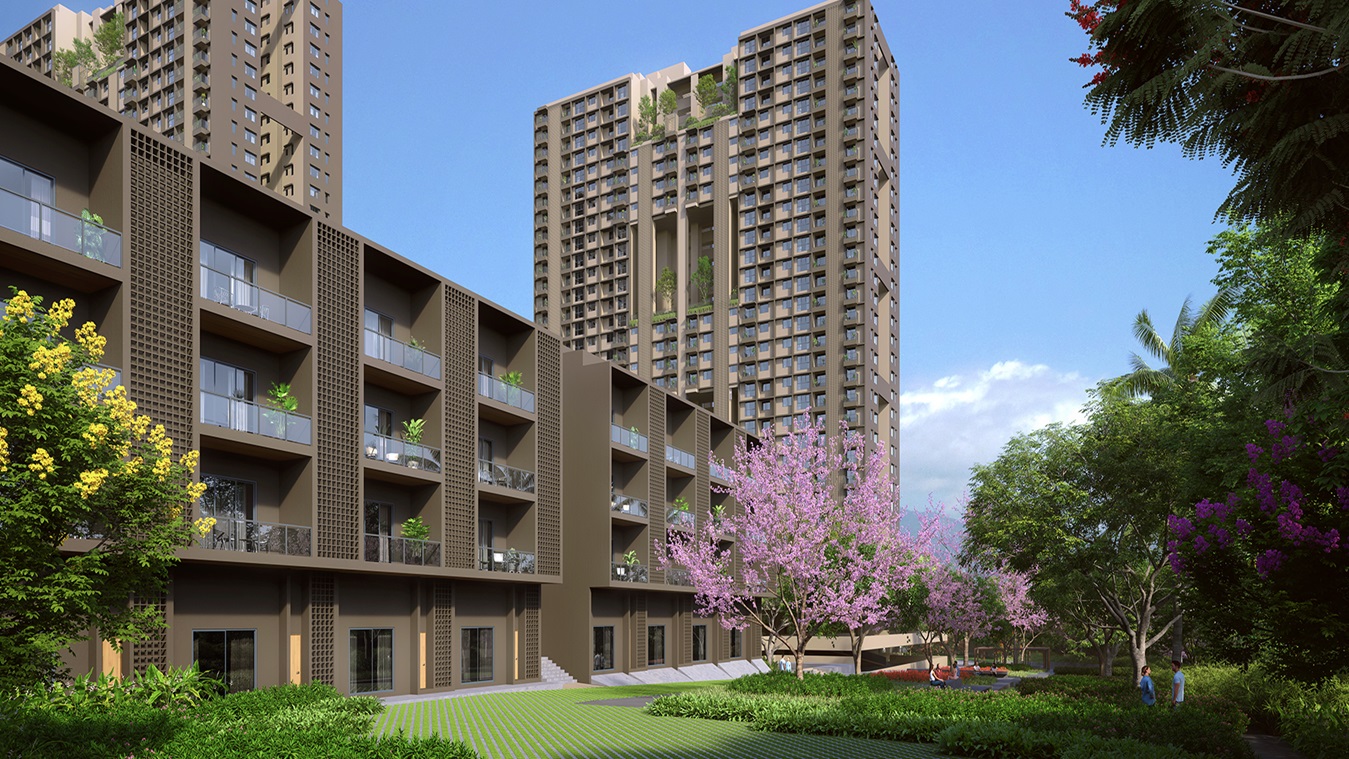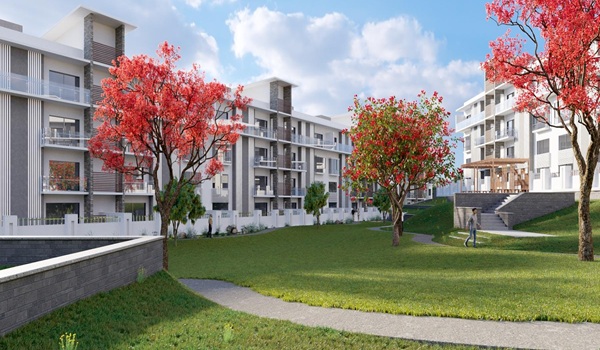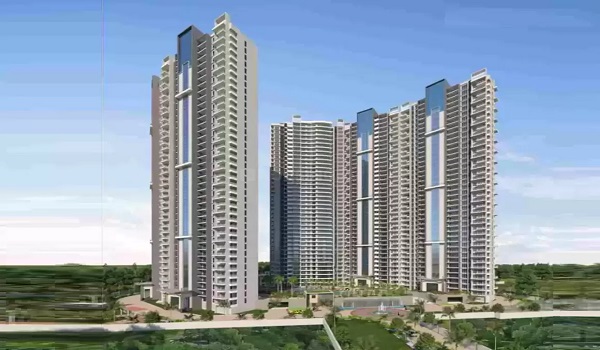Smart Landscaping Enhances Mental Wellness in Gated Communities

Urban life is often fast-paced and demanding, leading to rising concerns about mental well-being among city residents. In response, developers and urban planners are increasingly adopting smart landscaping as a strategy to improve the quality of life in modern residential communities. Gated communities, in particular, are at the forefront of this trend, combining nature with design to support healthier lifestyles.
In Bangalore, one of the fastest-growing urban centres in India, green infrastructure has become a priority for high-end developments. Areas like Sarjapur Road and Kodathi Village have seen a growing number of gated communities incorporating landscape architecture that enhances visual appeal while also supporting psychological wellness.
The Connection Between Nature and Mental Health
Scientific research has consistently shown that green environments contribute positively to mental well-being. Access to landscaped gardens, tree-lined avenues, and water features can lower stress levels, promote relaxation, and improve cognitive function. In busy cities like Bangalore, such access is essential to counterbalance urban stressors such as traffic, noise, and pollution.
Smart landscaping goes beyond simply planting trees. It involves thoughtful design with the intent to provide sensory relief, privacy, and opportunities for physical activity. Green spaces in residential complexes serve as a buffer from the chaos of city life and allow tenants to reconnect with nature without leaving their homes.
Elements of Smart Landscaping in Gated Communities
Modern gated communities in Bangalore are increasingly integrating the following features into their landscape design:
- Therapeutic Gardens: Spaces designed with flowering plants, herbs, and shaded seating areas that encourage calmness and reflection.
- Walking Trails and Jogging Tracks: Surfaces surrounded by trees and greenery that motivate regular physical activity, which is known to improve mental health.
- Water Bodies and Fountains: The sight and sound of water have been linked with reduced anxiety and a greater sense of peace.
- Community Lawns and Outdoor Seating: Promotes social interaction, which can help reduce feelings of isolation.
- Children’s Green Play Areas: Natural play spaces improve children’s attention span and emotional regulation.
These features work together to create an environment where residents can enjoy a better balance between work and life.
Gated Communities Leading the Way in East Bangalore
East Bangalore, particularly the corridor stretching along Sarjapur Road, has seen a surge in thoughtfully designed residential projects. With access to IT hubs and key institutions, the demand for holistic living environments has pushed developers to adopt wellness-centric designs.
Projects like Birla Evara, situated in Kodathi Village, highlight how landscaping can be a powerful design element, not just for visual beauty but also for mental well-being. The project’s open green spaces and planned walkways align with a growing preference for calm, sustainable living environments.
Benefits of Landscaping for Long-Term Resident Health
The advantages of smart landscaping in gated communities extend beyond aesthetics:
- Reduces stress and anxiety
- Improves mood and sleep quality
- Promotes physical fitness
- Supports community bonding
- Increases property value due to improved ambiance
The Future of Wellness-Focused Living
As real estate continues to evolve in Bangalore, landscaping is likely to take on an even greater role in residential planning. Buyers today are increasingly prioritizing wellness, and developers are responding with green features that improve both physical and mental health.
In communities like those found along Sarjapur Road and in Kodathi Village, the integration of intelligent landscaping is becoming a key differentiator. As the focus shifts toward healthier, more balanced lifestyles, smart landscaping will remain central to the success and appeal of gated residential projects.





